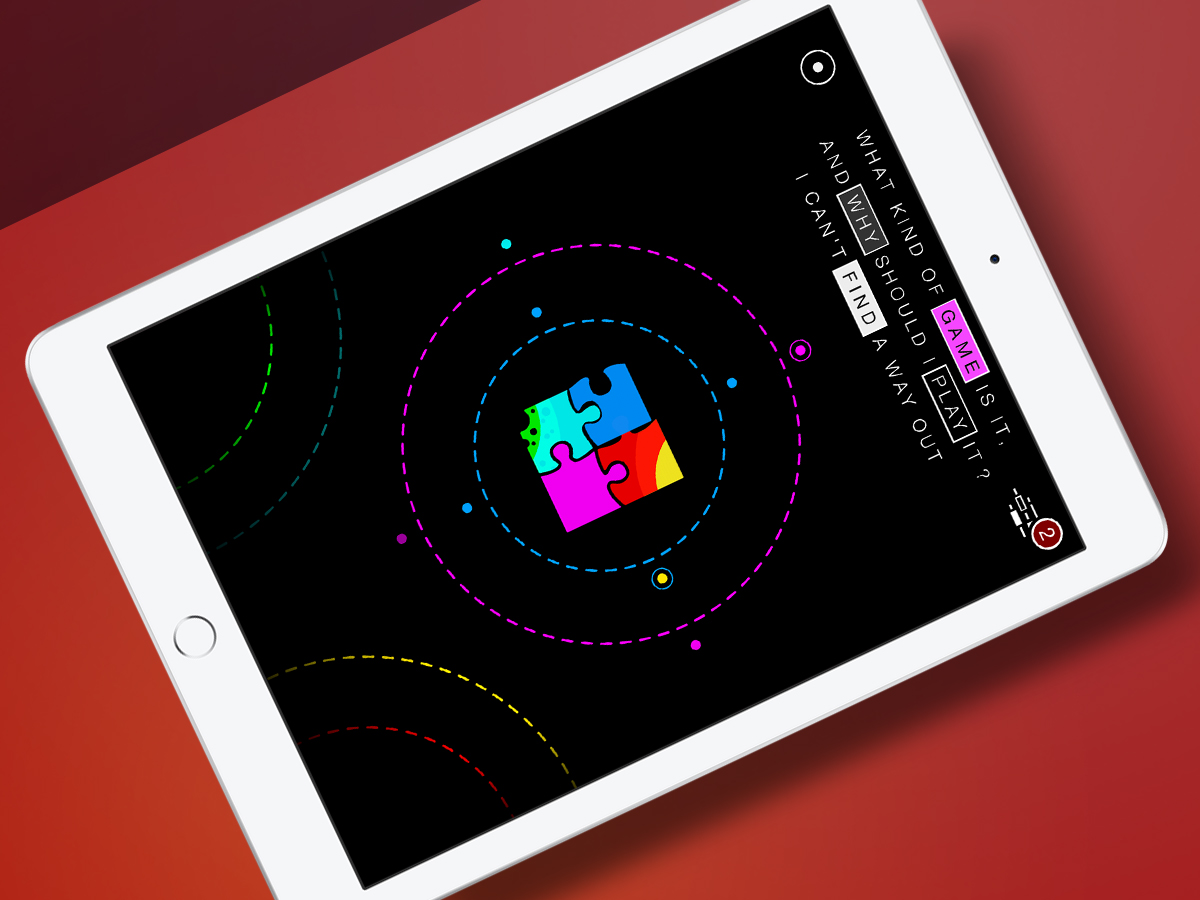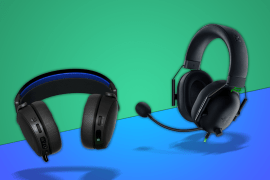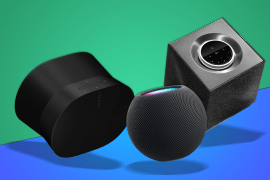App of the week: G30 review
Lose your mind in this innovative puzzle game that’s all about someone else losing theirs

Mobile gaming properly clicked for me on playing the original versions of Eliss and Zen Bound. Freed from the constraints of long-standing gaming conventions, these puzzle games embraced the touchscreen and its tactile nature. G30 follows in their footsteps, but with a maturity and emotive heft that’s simultaneously powerful and disarming.
On the surface, though, G30 appears simple. You twiddle and rotate dials, to manipulate a series of interlocking, overlapping shapes, until you get something that matches the level’s title. Over time, more complex interactions appear, some dials automatically moving others, or you utilising markers to activate specific dials.
Initially, all this brings to mind a 2D Shadowmatic, but it eventually becomes clear there’s a lot more going on than you merely noodling around with shapes until hitting upon a solution.
It’s all in the mind
Along with all the shape-shifting, G30 is a story about words and memories. The conceit is you’re experiencing the world from the point of view of someone with a cognitive disorder. Their memories are fractured and can prove elusive. This is represented in the game world by the images you manipulate, but also words and phrases that appear above the puzzle – and that are, you quickly realise, part of the puzzle.
Spin a dial and sentences shift and change. Meaning is constantly reimagined as if the subject is desperately grasping for a memory. A fleeting thought about running upstairs in an instant switches to one about fleeing to the underground. A mundane mention of a grocery basket morphs into a harrowing tale.
As new glimpses into the past appear, some words glow; these must be tapped before they vanish into the ether. They then fill in pieces of the game’s central tale, which you can access on the level select screen.
A helping hand

It’s obvious from the start that G30 is a well executed game. The sharp, minimal visuals and responsive, tactile controls have an immediacy about them, and the dial mechanic is familiar enough to be intuitive to anyone with even a passing knowledge of puzzle games. But how clever G30 is takes a while to fully sink in.
The word-game cat-and-mouse initially excites, but becomes bitter-sweet when you realise the game’s subject feels loose and adrift, losing their sense of self. It’s hard to know if your achievements are a kindly assistance, or merely attempting to postpone the inevitable – and it’s likely that anyone who’s lost a loved one to dementia will find G30 more impactful than most.
But whatever your own personal circumstances, G30 is surely a success. It’s a rewarding game to play – and also replay, to properly understand the underlying mechanics; and it shows there’s plenty of life and innovation left in mobile gaming, especially when savvy games creators have the imagination to shake up and expand on familiar puzzle gaming tropes.
G30 is available for iOS. An Android version is planned. UPDATE: In Feb 2019, the Android version was released.
Stuff Says…
A challenging, rewarding puzzle game that’s far more than it initially seems
Good Stuff
Beautifully tactile, especially on a tablet
Clever narrative threaded throughout
No timers, IAPs, move counters nor cruft
Bad Stuff
Its linearity is frustrating when you get stuck



